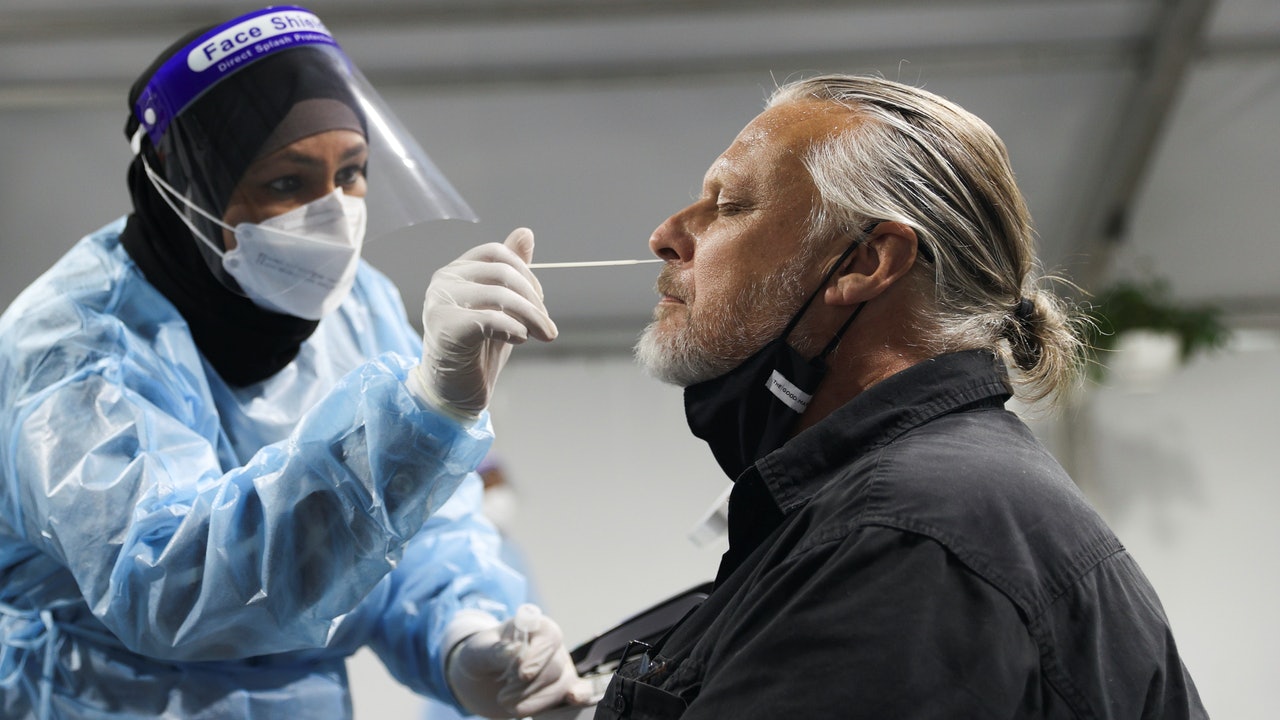The new type of coronavirus (SARS-CoV-2) variant "Omicron" (Omicron) has appeared, and many countries have imposed travel restrictions on South Africa and other countries that are endemic.
The President of South Africa issued a statement on December 28, criticizing the practice of various countries for lack of scientific basis.
However, since the outbreak of the epidemic, customs closures and entry bans have become the usual practices of countries in responding to countries that are experiencing epidemics. Are such restrictions on entry really effective?
In addition to compulsory quarantine for entering people, entry restrictions further prohibit all non-essential flights and passengers from entering.
After the new crown variant Omicron virus was officially announced, many countries immediately imposed travel restrictions on countries and regions where the virus is circulating or where traces of the virus have been found, such as South Africa.
For example, Pakistan announced on the 29th that it would ban Hong Kong flights from entering the country.
The picture shows passengers from Singapore just arrived at Kuala Lumpur International Airport in Malaysia on November 29.
(Reuters)
Before the outbreak of the new crown pneumonia, there was no such large-scale and sustained global pandemic in the world for nearly half a century.
Therefore, there is a lack of research on the implementation of travel restrictions.
At present, most of the relevant research only started after this new crown epidemic.
Many studies have shown that the implementation of entry restrictions can prevent the spread of the virus to a certain extent in the early stage, but it will not help in the long run.
A research report published in August 2021 compares the entry and exit restrictions on South Korea, Singapore, Hong Kong, and Taiwan after the outbreak of the new crown epidemic in 2020.
The implementation time varies from place to place, but certain epidemic prevention results have been achieved after the implementation of restrictions.
However, with the development of time, the epidemic is still spreading in the above four regions, and after the global entry restrictions in various places in mid-2020, the effect is far less than the original ideal of only implementing entry restrictions on mainland China.
The study concluded that the implementation of entry and exit restrictions only has a certain effect on the control of the initial spread of the epidemic. To truly prevent the spread of the epidemic, we need to look at the local epidemic prevention measures, which have nothing to do with restricting entry.
A research report in October by the medical journal The Lancet used a mathematical model to simulate the epidemic prevention effect under travel restrictions. It was only found that when the epidemic occurred in the early stage and a large number of foreigners entered the country, the implementation of restrictions would have the greatest effect.
The long-term effect is very limited.
Omicron|Kishida Fumio: Japan will completely ban foreigners from entering the new crown pneumonia on the 30th WHO calls for lifting of travel ban
Moreover, most of the current entry restrictions are concentrated in the aviation industry, targeting passengers but excluding freight, shipping and land transportation.
All of these must be open to maintain the flow of materials. The so-called entry and exit restrictions are not "blockades across the territory."
These may become loopholes, giving the virus a chance to flow into other areas.
When the virus enters the area, effective tracking, isolation, and community vigilance, such as wearing masks, are the key to controlling the epidemic.
At present, scientists generally believe that simple customs measures cannot prevent the virus from eventually spreading to other areas and spreading on a large scale in the long run.

